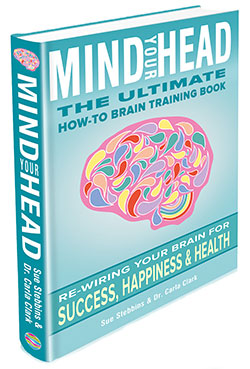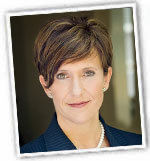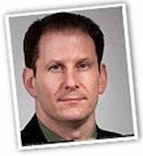Imagination inflation: Imagining a childhood event inflates confidence that it occurred
by Elizabeth Loftus
Page 2
Source: http://faculty.washington.edu/eloftus/Articles/Imagine.htm
On the other hand, there are reasons to believe that imagining a childhood event will not increase confidence that it did occur. After all, people often imagine winning a multimillion dollar lottery jackpot, but they don't fool themselves into thinking that they have actually done so. Most people daydream and imagine a variety of scenarios and outcomes yet don't routinely get confused between what really happened and what did not. Another reason to believe that imagination may have no effect on childhood memories is that subjects could make the conscious connection between imagining an event and being asked to make a judgment about it. Subjects who remember having imagined the event might become confident that their feeling of familiarity was attributable only to the recent act of imagining (Jacoby, Woloshyn, & Kelley, 1989). In fact, these subjects might become more certain that the event never occurred than if they had been asked the very same question prior to the act of imagining.
So, a goal of the present research was to determine whether imagination leads to increased confidence that the event occurred. Suppose imagining a childhood event does promote this increased confidence (which we term imagination inflation); why should we care? One reason is the puzzle of how people can come to remember their past in ways that diverge sharply from reality. For instance, some people remember their past in more socially desirable ways (Abelson, Loftus, & Greenwald, 1992), and people are often very confident about these memories. But the possibility of imagination inflation is not just theoretically interesting, for there are real world instances in which imagination is deliberately used as a memory recall tool. Law enforcement personnel sometimes repeatedly direct a suspect to imagine having participated in a criminal act as a means of obtaining a confession (Ofshe, 1992). In addition, some mental health professionals encourage a client to imagine an abusive childhood event as a way of recovering hidden memories. Maltz's (1991) specific technique is just one of many published examples: "Spend time imagining that you were sexually abused, without worrying about accuracy, proving anything, or having your ideas make sense. As you give rein to your imagination, let your intuitions guide your thoughts" (p. 50). If counterfactual imaginings can alter memory, we may have some evidence about a partial cause of these phenomena, another piece of the puzzle.
To explore whether imagination inflation occurs, we developed a three stage procedure. First we asked subjects about a long list of possible childhood events, and they indicated whether or not these events had happened to them as children. Two weeks later, we asked them to imagine a few of these events. Finally, we gave the long list of possible childhood events to our subjects again, and they indicated whether or not the events had happened to them. To be specific, consider a group of subjects who all said that it was unlikely that they had ever broken a window with their hand. Later they imagine a scenario in which this happened to them, complete with how they tripped and fell, who else was there, and how they felt. Would these subjects later think it was more likely that they had broken a window with their hand as a child? Such a result would constitute empirical support for the hypothesis of imagination inflation.
Method
Subjects
Forty-six subjects enrolled in introductory psychology courses at the University of Washington participated for course credit during the pretest. Of these, 38 completed all phases of the study.
Materials
A 40 item Life Events Inventory (LEI) was administered during the first session. It asked subjects to consider how certain they were that each event (or a very similar one) had or had not happened to them before the age of 10 (e.g., "Broke a window with your hand"; 1 = definitely did not happen and 8 = definitely did happen). They responded by circling the appropriate point on an 8 point scale. Three judges used pretest data to choose target items. Although the judges' selection criteria were informal, they were systematic in that they chose event items whose means indicated that they probably did not occur. The emergency room item did not fit the criteria, but it was selected as a target because it has been used in another study (Hyman, Husband, & Billings, 1995). We report pretest descriptive statistics for these items in Table 1.
We Make it Easy to Succeed
Successwaves, Intl.
Brain Based Accelerated Success Audios
 |






